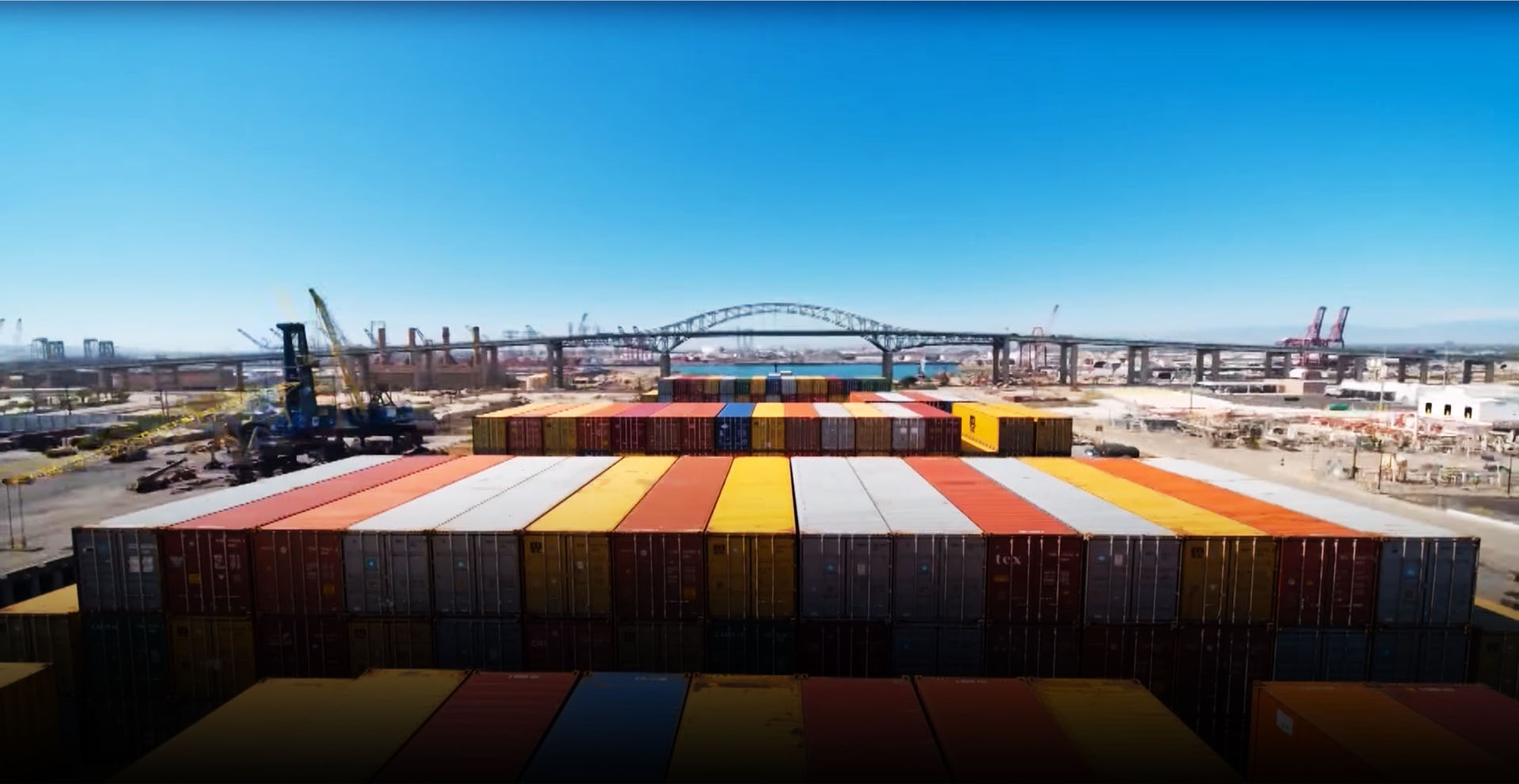Research Projects
Stop the VideoResearch Projects


Optimize Pollutant Emissions through Adaptive Highway Management
Project Summary
The objective of this project is to assess the impact of adaptive highway management strategies on pollutant gas emissions through microscopic computer modeling. Our goal is to optimize the amount of pollutant gas emission by effectively utilizing the intelligent transportation system (ITS) technologies that have already been implemented in southern California. This research will suggest a series of strategies aiming to minimize pollutant gas emissions.
The pollutant gas (e.g. carbon monoxide (CO), hydrocarbons (HC) and oxides of nitrogen (NOx)) from gasoline-based vehicles contributes greatly to smog and greenhouse effect. It has been found that the emission rate of those pollutant gases varies non-linearly with vehicleâ??s speed. While vehicles move at relatively high speed (i.e. greater than 50 mph), the pollutant emission (especially CO emission) increases monotonically with speed of vehicle. On the other hand, when vehicles move at extremely low speed (i.e. less than 20 mph), the pollutant gas emission rate is reversely proportional to vehicleâ??s speed. This non-linear behavior of gas emission indicates the possibility to optimize pollutant emission through smart speed and mobility control on urban corridors.
Southern California has implemented ITS infrastructure over 2 decades ago, including freeway management system, incident management system as well as the recently implemented performance measurement system (PeMS). It is convenient to utilize those existing infrastructures to minimize the hazard pollutant gases from crowded urban areas through adaptive speed control and congestion control. One of the objectives of this project is to assess the possibility and effectiveness of pollutant control using ITS strategies.
Although several traffic simulations tools are available commercially for both macroscopic and microscopic modeling of traffic problems, few of them takes into consideration the impact of adaptive highway management strategies on pollutant gases emission. In this project we will connect pollutant gas emission with highway mobility through a mathematical model and search for an optimized strategy to minimize the pollutant gas emission. The result of this project will provide detailed suggestions on practical setting parameters, such as optimal speed limits, threshold level-of-service as well as stop-run intervals of ramp meter.
Task Descriptions
(1) Literature review and data collection
(2) Analysis of collected data
(3) Acquire necessary software tools and familiarize the group with them
(4) Develop basic road map model using acquired software
(5) Simulate and improve the model
(6) Generate simulation results under the scenarios described and perform optimization calculation
(7) Summarize research findings and prepare final project report
Milestones, Dates:
(1) Months 1-2
(2) Months 2-3
(3) Months 3-4
(4) Months 5-7
(5) Months 8-9
(6) Months 10-11
(7) Month 12
Total Budget:
$77,244
Student Involvement:
One graduate student at 1000 hours
Relationship to Other Research Projects:
Related to 09-11; part of the goods mobility focus area
Technology Transfer Activities:
Project report will be posted soon
Potential Benefits of the Project:
Improvements to Practical Setting Parameters, Minimizing Pollutant Gas Emission
TRB Keywords:
Adaptive highway mangement impact strategies, pollutant gas emissions
Primary Subject:
1p.1 To assess the impact of adaptive highway management strategies on pollutant gas emissions through microscopic computer modeling.
Goals:
1p.1 To optimize the amount of pollutant gas emission by effectively utilizing the intelligent transportation system (ITS) technologies that have already been implemented in southern California
P.I. NAME & ADDRESS
Fei WangProfessor and Undergraduate Advisor, Department of Electrical Engineering; College of Engineering
1250 Bellflower Blvd.
ECS-602Long Beach, CA 90840
United States
[email protected]















